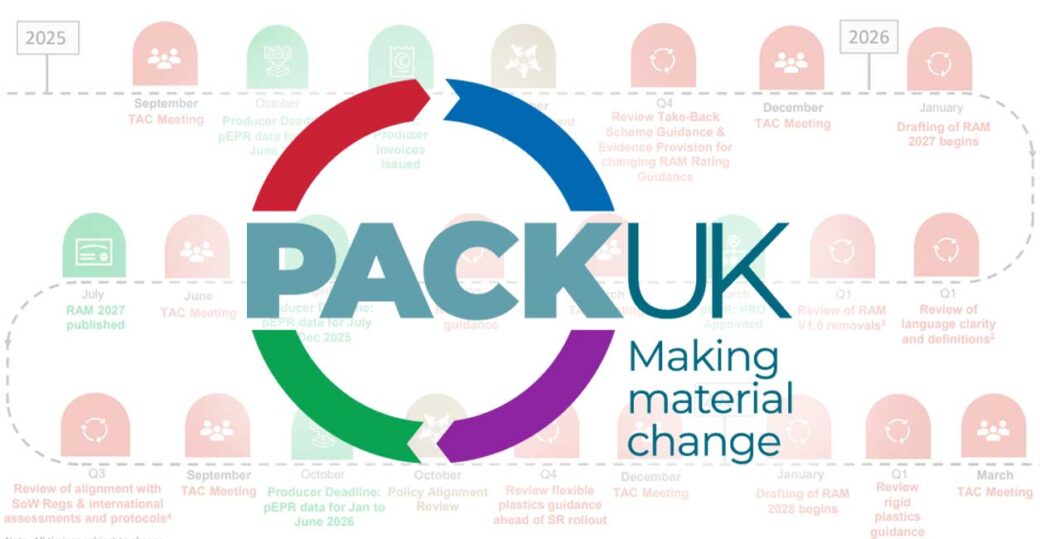The National Environmental Services Survey (NESS) which is aimed at gaining a deep understanding of the current environmental challenges and driving effective solutions, offers a comprehensive examination of the most pressing concerns among those working in environmental services.
Conducted through extensive collaboration with experts and stakeholders across the country, the survey has gathered invaluable data, insights, and perspectives. The findings provide a detailed overview of the current environmental landscape, highlighting critical issues and opportunities. Notably, the survey reveals that greenwashing—misleading claims about the environmental benefits of products, services, or practices—stands out as a foremost concern among environmental professionals, underscoring the need for more rigorous standards and transparency in sustainability efforts.
Greenwashing, a term that refers to the misleading representation of products, policies, or initiatives as environmentally friendly, has become a significant issue within the environmental sector. According to the NESS findings, it is the practice that environmental professionals most urgently want to address. Greenwashing can take many forms, from exaggerated claims about the environmental benefits of products to vague or false advertising about corporate sustainability practices. This marketing tactic not only misleads consumers but also hampers the progress of authentic environmental initiatives by creating confusion and distrust.
The professionals surveyed in the NESS expressed a strong desire to see a reduction in greenwashing practices. They argue that clear, honest communication about environmental impacts and sustainability efforts is crucial for building public trust and promoting real change. The overwhelming consensus is that greenwashing dilutes the effectiveness of genuine environmental efforts, making it harder for consumers to make informed decisions and for legitimate green businesses to stand out.




